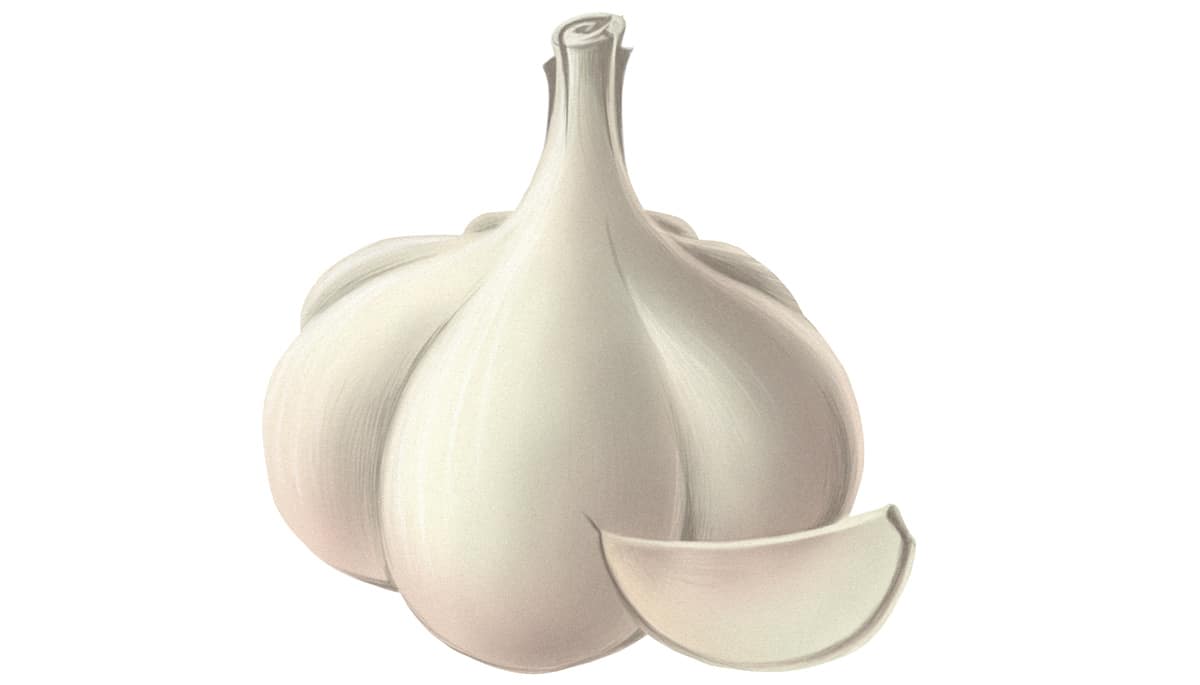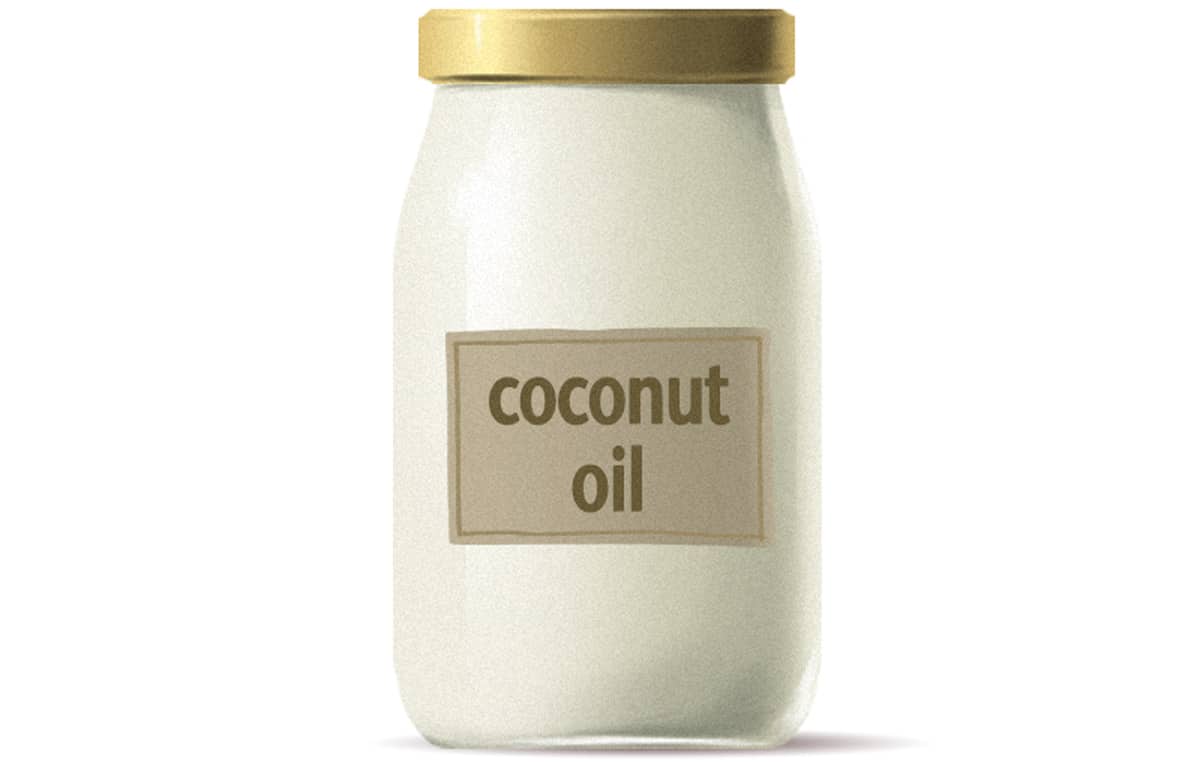Are you eating Paleo but not quite getting the results you wanted?
Even if a food falls under the Paleo umbrella, that doesn’t necessarily mean it’s right for you. Even if it’s a perfectly healthy food, full of nutrients and low in gut irritants, it still might not be great for you personally. That doesn’t mean it’s a “bad food;” it might be perfectly fine for 99% of the population. But you personally may be better off avoiding it.
Here are 5 of those foods: foods that may be causing some trouble for you personally even if they’re totally fine for the vast majority of people.
1. Nuts
Nuts are perfectly Paleo, but they might be a no-go for you particularly for a couple different reasons:
- For some people, the fiber they contain can be hard on the gut – if you regularly get an upset stomach after eating them, you’re not imagining things.
- Eating too much of them can stall weight loss.
- For other people, even people who have no weight to lose, nuts just make them feel out of control. Don’t keep foods around the house if they make you feel like a crazy person. If you find yourself compulsively returning to the kitchen, and even a big tub of almonds doesn’t last more than a day or two, you might feel better without them.
- Nuts can also be an issue for some people with autoimmune diseases – more on this here.
2. Garlic

Garlic is so ubiquitous that we barely even think about it, but in fact a lot of people do better with it out of their diet, because garlic is very high in FODMAPs. FODMAPs are a group of carbohydrates that can cause almost any kind of digestive problems, from gas and bloating to diarrhea to constipation. Other vegetables high in FODMAPs include…
- Onions, leeks, etc.
- Cabbage
- Broccoli and cauliflower
- Kale
If that reads like a list of foods that upset your stomach, maybe looking into FODMAPs restriction and cutting down on the garlic could help.
3. Coffee
Some people are fine with coffee. Other people want to believe that they’re fine with coffee, so they ignore the jitters, the sleep disruption, the mood swings, the acid reflux, and all the other signs that they’re really not very fine at all.
This is often a classic case of motivated reasoning: you feel like you “need” coffee (how else would you get up in the morning?), so you convince yourself that it’s fine. A good test is just to give it up for a month as an experiment whether or not you think it’s the cause of your problems. If you really are fine with coffee, you can pick it right back up when the month is over.
4. Coconut oil

Yes, it’s a very healthy fat. Antioxidants! Medium-chain triglycerides! Stable at high heat! What’s not to love?
Well, for an unlucky few, the gastrointestinal side effects can be pretty dire, in the running-for-the-toilet kind of way. This can be a very nasty shock for people who haven’t ever had coconut oil before, start Paleo, and then eat a whole lot of at once because hey, it’s healthy fat!
Some people will be fine if they just start slow and ramp up gradually; other people may need to avoid coconut oil entirely in favor of other, equally-healthy fats.
5. Tomatoes
Tomatoes are great for you. They’re rich in antioxidants, and unlike most foods, they actually become more antioxidant-rich after they’re cooked. They’re full of potassium and other nutrients, they taste delicious, and they go beautifully with other nutritional superstars like olive oil and leafy greens.
Unfortunately, tomatoes are nightshades, a family that also includes eggplant, bell peppers, and white (but not sweet) potatoes. The vast majority of people have no trouble at all with nightshades, but some people report that they feel a lot better without them; you can read more about this here.





Leave a Reply